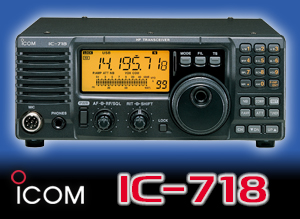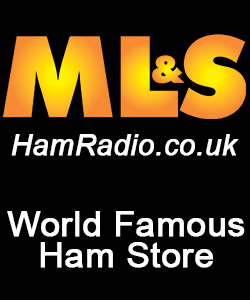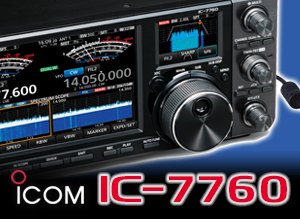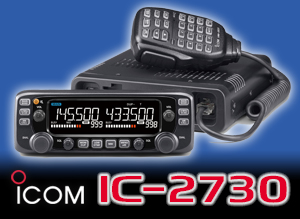40MHz in the UK
Updates – Dec-2023
11-Dec-2023
Ofcom Statement on Updating Amateur Radio Licensing included:
“3.225 We will continue to permit access to the 40 MHz band via an Innovation and Trial licence, but this is not an Amateur Radio Licence”
15-Dec-2023
ITU WRC-23: Unanimously agreed Agenda Item 1.12 for the frequency range 40-50MHz to be newly allocated to the Earth exploration satellite service (EESS-active) for spaceborne radar sounders, as one of several high priority climate change/sensing agenda items. This will be based on new ITU Resolution 677 which permits operation at any time of the day and potential operation outside of polar regions.
Recently there have been a number of reports of individual holders of UK amateur licences gaining Innovation and Trial licences from Ofcom to conduct experimental transmissions on 40MHz (8m). Ofcom has made it very clear for several years that there was no likelihood of UK radio amateurs gaining any access to 40MHz which included NoV (Notice of Variation) to a UK amateur licence or an amateur SRP (Special Research Permit).
The RSGB has consulted Ofcom as to the exact status of these Innovation and Trial licences. Ofcom’s reply was as follows:
“We have been approached by a couple of individuals wanting to conduct experiments in the band. Like all other research and innovation requests Ofcom receives we have put these through our Innovation and Trial licensing regime. If the coordination checks are passed, they are being issued with an Innovation and Trial licence. These are issued for up to 12 months on a non-interference, no protection and non-operational basis. These are not Amateur Radio Special Research Permits and licensees do not fall under the Amateur Radio licence terms and conditions. Therefore, applicants are not required to have passed an amateur exam or hold a callsign. Although we are allowing this experimentation, we would like to make it clear that we have no proposals to allow wider amateur radio access to the 40 MHz band.
Clause 9(6) of the UK amateur terms states “The Licensee may receive Messages from an overseas amateur or from an Amateur duly authorised by Ofcom on a frequency band not specified in Schedule 1 but the Licensee may only transmit on a band specified in Schedule 1 which is authorised under Clause 9(2).”
Users of 40 MHz under an Innovation and Trial (I&T) licence are not authorised under the Amateur Radio licensing regime and there is no requirement to have passed an amateur radio exam to obtain such a licence. Clause 9(6) of the Amateur licence is designed to cover additional frequencies, such as 70 MHz and 146 MHz, which are not contained in Schedule 1 of the Amateur Radio licence but Ofcom has authorised via a Notice of Variation (NoV). We would like to make clear that we have not duly authorised any amateur to use a frequency band not specified in Schedule 1 through this process. Reception of transmissions authorised under an I&T Licence should therefore be treated the same as those authorised under other licences that Ofcom issues such as business radio or maritime.
We would also like to make clear that I&T licences do not permit operational or commercial use. These licences are designed to support individuals and companies in carrying out research, development, testing and demonstrations of equipment. Therefore, the use of the 40 MHz band under this licence should be for these purposes only. The licences are granted on the basis that the user will be carrying out such research and not operating on the band in a similar way to the frequencies listed in Schedule 1 of the licence.”
Ofcom’s view is very clear. Any operation on 40MHz in the UK is not amateur radio and therefore cross-band contacts to such stations by UK radio amateurs operating on the bands licenced for amateur radio are not permitted.
RSGB VHF Manager
RSGB Spectrum Forum Chair
Notes:
- All of 40-50MHz was in scope of WRC-23 AI-1.12 (now agreed) for new wideband satellite-borne climate change sensors. For previous background, see our WRC-23 pages
- RSGB pioneered 40/60MHz propagation research at GB3RAL in 2007/8, and has subsequently supported its successor at GB3MCB
Category: Front Page News, GB2RS Headlines, RSGB Notices, Spectrum Forum Papers and Consultations











